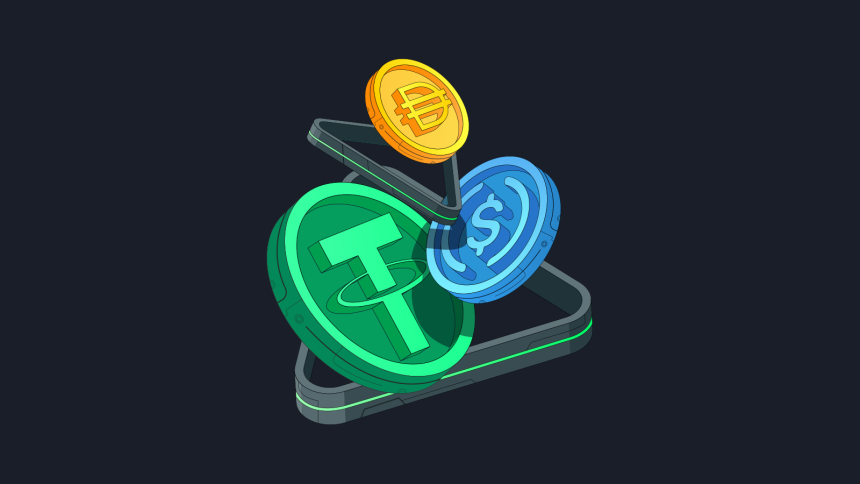
US Congress Moves to Regulate Stablecoins: A Game-Changer for Crypto and Traditional Banking?
The cryptocurrency landscape in the United States is on the verge of a significant shift as Congress prepares to introduce a new bill aimed at regulating stablecoins. These digital assets, which are pegged to stable reserves like the US dollar, have gained immense popularity for their ability to combine the benefits of cryptocurrencies with the stability of traditional fiat currencies. Now, with lawmakers signaling their support for stablecoins as a cheaper alternative to traditional banking, the crypto industry is buzzing with anticipation—and a fair share of questions.
Why Stablecoins Matter
Stablecoins, such as Tether (USDT), USD Coin (USDC), and Dai (DAI), have become a cornerstone of the crypto ecosystem. They offer a bridge between the volatile world of cryptocurrencies and the stability of fiat currencies, making them ideal for transactions, remittances, and as a store of value. Their growing use in decentralized finance (DeFi) and cross-border payments has highlighted their potential to disrupt traditional financial systems.
However, the rapid rise of stablecoins has also raised concerns among regulators. Issues like transparency, reserve backing, and potential risks to financial stability have prompted calls for clearer rules. The upcoming bill aims to address these concerns while fostering innovation in the crypto space.
Congress’s Vision: Stablecoins as a Banking Alternative
One of the most intriguing aspects of the proposed legislation is its focus on positioning stablecoins as a more affordable and efficient alternative to traditional banking. Lawmakers appear to recognize the potential of stablecoins to provide financial services to underserved populations, reduce transaction costs, and streamline cross-border payments. By creating a regulatory framework, Congress hopes to encourage responsible innovation while protecting consumers and maintaining financial stability.
This move could be a game-changer for both the crypto industry and the broader financial system. If stablecoins gain regulatory approval and widespread adoption, they could challenge traditional banks by offering faster, cheaper, and more accessible financial services. For millions of people who are unbanked or underbanked, this could open up new opportunities for financial inclusion.
What Does This Mean for the Crypto Industry?
The proposed regulation is a double-edged sword for the crypto industry. On one hand, clear rules could legitimize stablecoins and attract more institutional investors, boosting confidence in the market. On the other hand, excessive regulation could stifle innovation and impose burdensome compliance requirements on stablecoin issuers.
For stablecoin projects, the key will be striking a balance between compliance and innovation. Projects that can demonstrate transparency, robust reserve management, and adherence to regulatory standards are likely to thrive in this new environment. Meanwhile, the broader crypto market could benefit from increased stability and reduced volatility, as regulated stablecoins provide a reliable on-ramp for new users.
What’s Next?
As the bill makes its way through Congress, all eyes will be on the details. How will regulators define stablecoins? What requirements will be imposed on issuers? And how will this impact the broader crypto ecosystem? These are just some of the questions that will shape the future of stablecoins and their role in the financial system.
For now, one thing is clear: stablecoins are no longer on the fringes of finance. With Congress taking steps to regulate them, they are poised to play a central role in the evolution of money and banking.
Final Thoughts
The US Congress’s move to regulate stablecoins marks a pivotal moment for the crypto industry. By embracing stablecoins as a cheaper and more efficient alternative to traditional banking, lawmakers are acknowledging the transformative potential of digital assets. While challenges remain, this development could pave the way for a more inclusive, innovative, and stable financial system.
#Stablecoins #Crypto #Regulation #USCongress #DeFi #Cryptocurrency #Blockchain #FinancialInclusion #Banking #CryptoNews #StablecoinRegulation #Innovation #FinancialStability





